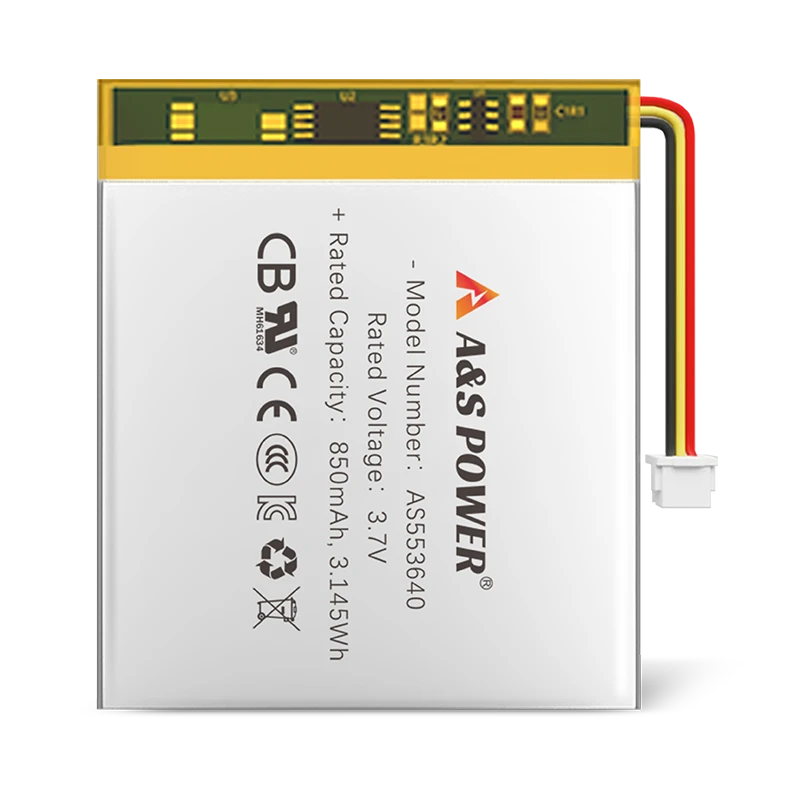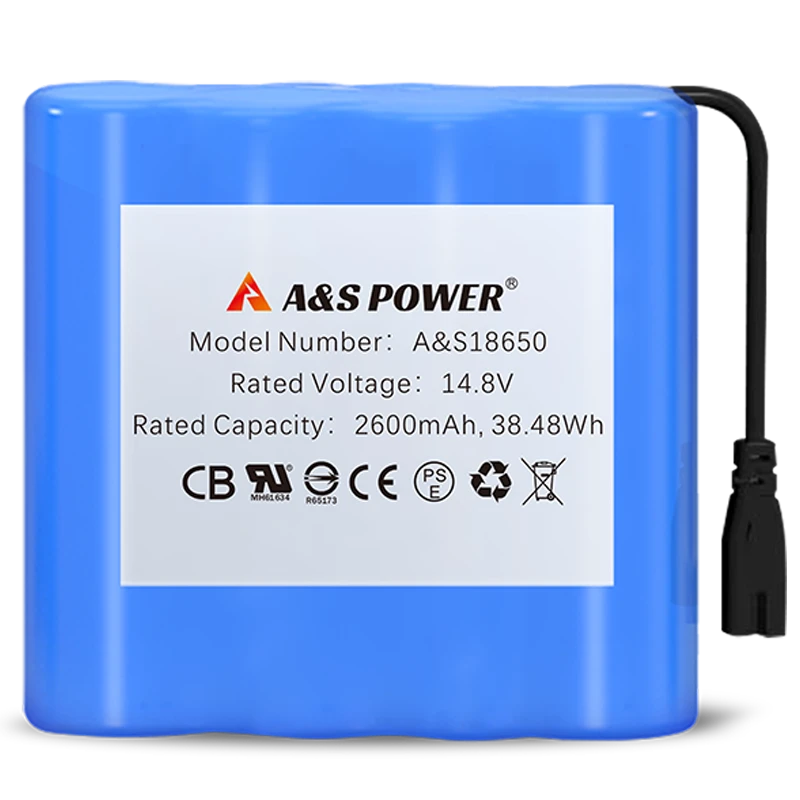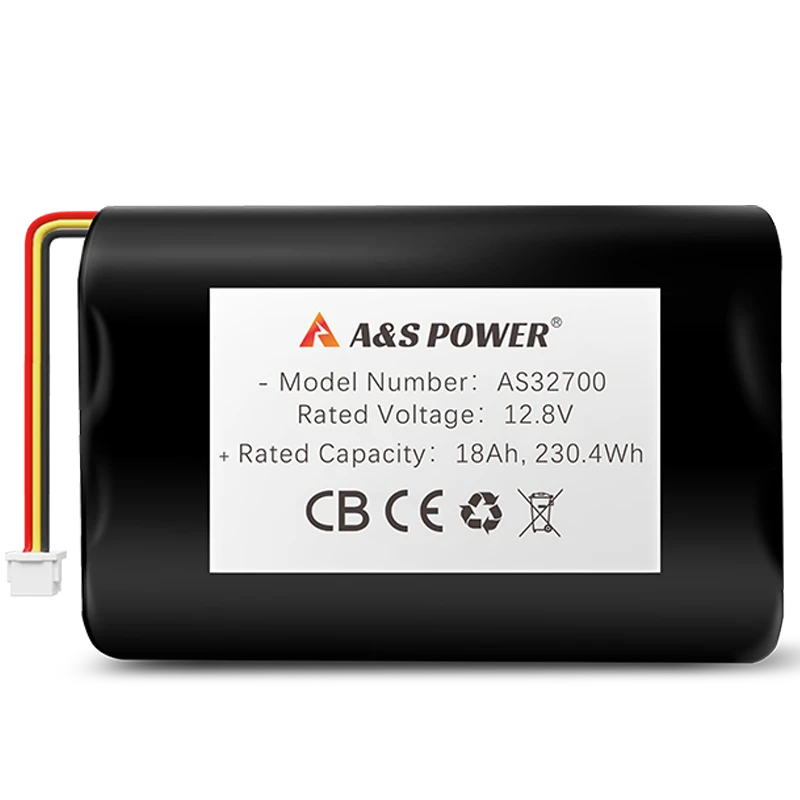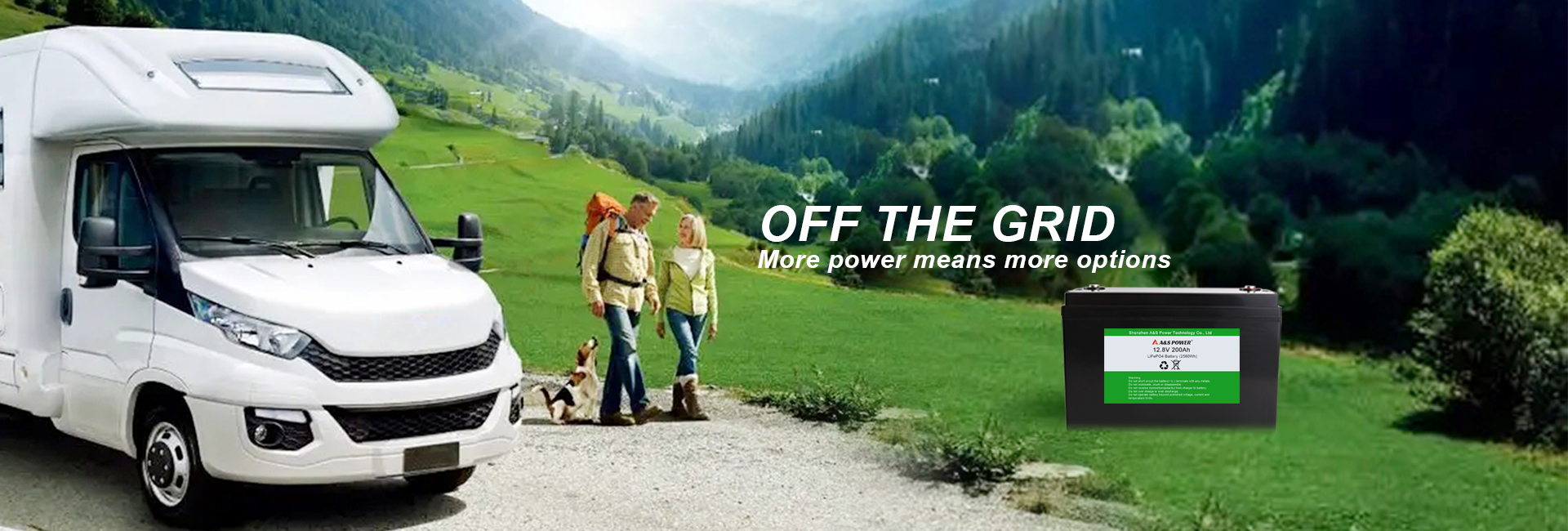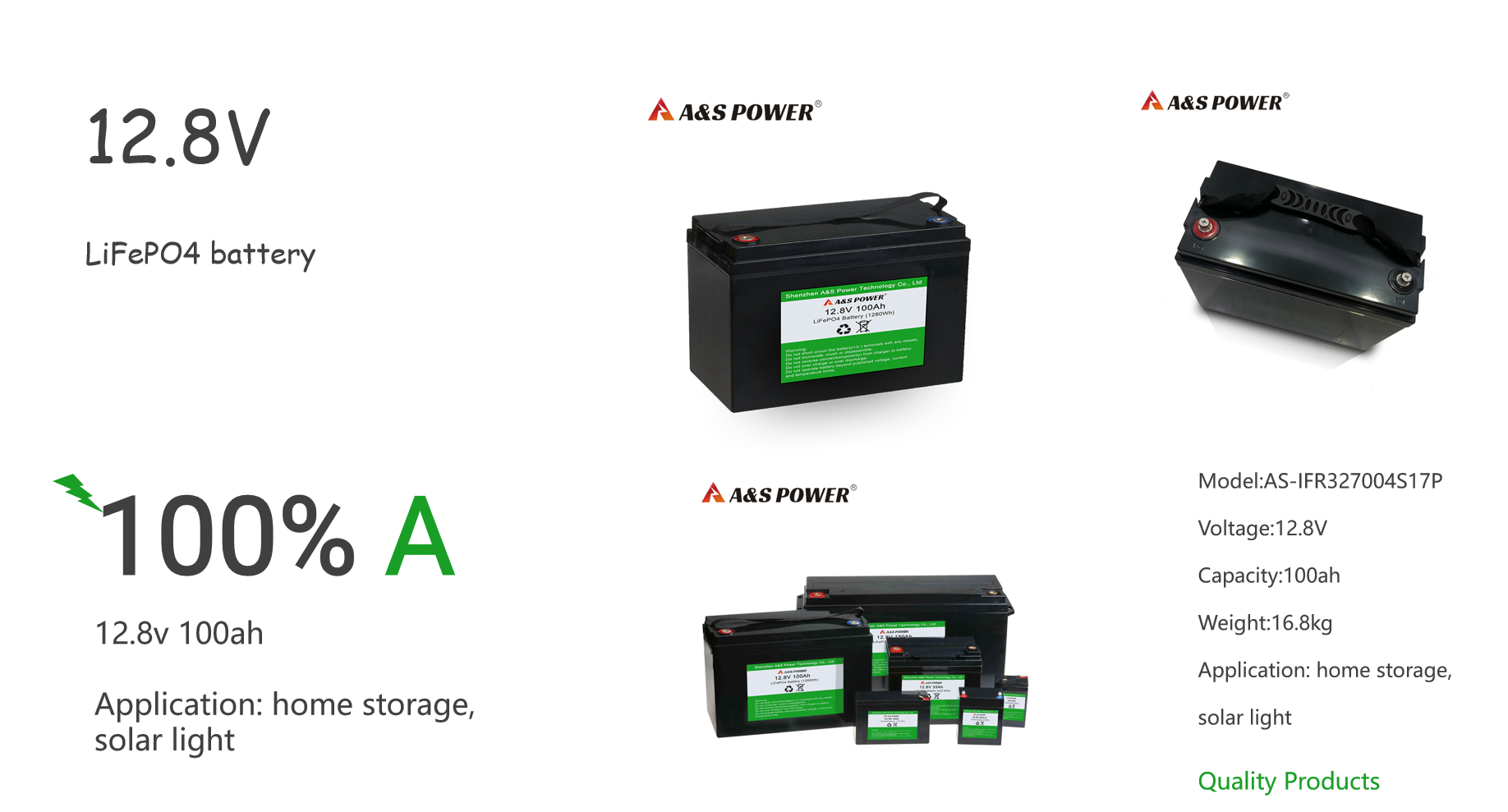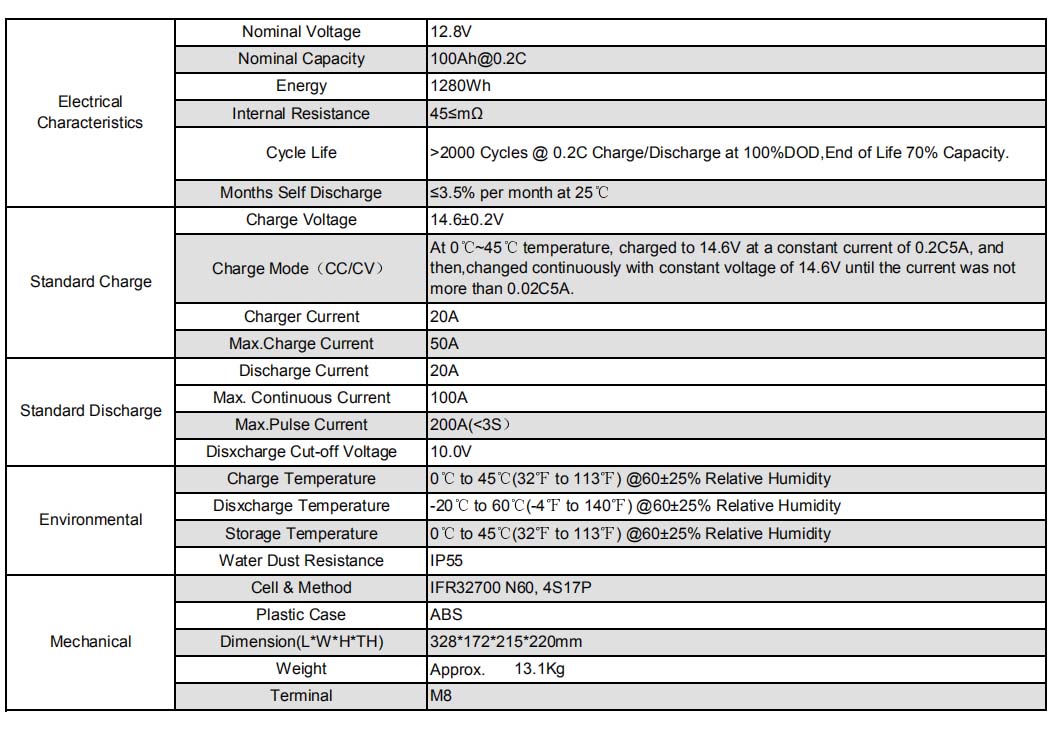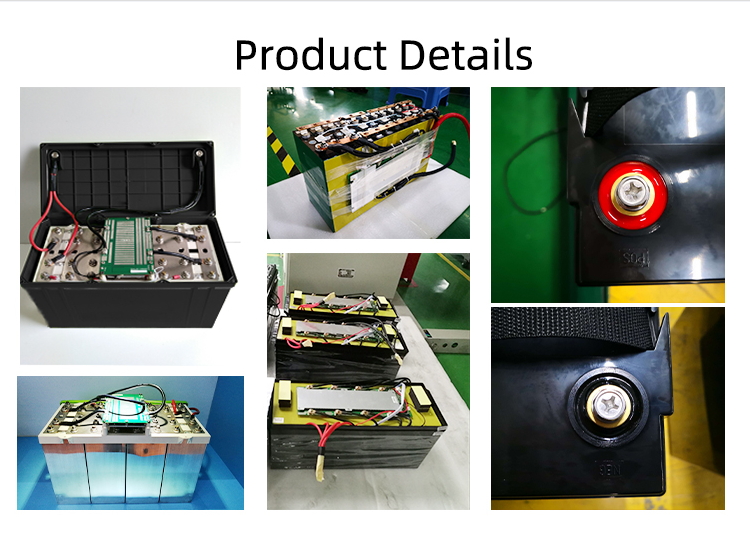12 Lithium Battery
12V Lithium Battery: The Ultimate Power Solution for Global Applications
The 12V lithium battery revolutionizes energy storage with unmatched energy density, longevity, and eco-efficiency. Leveraging LiFePO₄ or advanced lithium-ion chemistry, it outperforms lead-acid batteries in weight reduction (up to 70%), cycle life (5x longer), and maintenance-free operation. This guide explores technical innovations, industry applications, and strategic implementation for global businesses
.
Technical Superiority and Performance Metrics
1. Core Engineering Advantages
12V lithium batteries utilize 3-4 series-connected cells for stable voltage output, with capacities scaling from 2.2Ah (portable devices) to 50Ah (industrial systems) via parallel configurations. Their energy density (150–200 Wh/kg) doubles lead-acid batteries, reducing weight by 50–70%—e.g., a 100Ah lithium model weighs 12–15kg vs. 25–30kg for lead-acid. This enables integration in IoT sensors and implantable medical devices where space constraints exist
.
2. Lifespan and Cost Efficiency
| Parameter | 12V Lithium | Lead-Acid |
|---|---|---|
| Cycle Life | 2,000–5,000 cycles | 300–500 cycles |
| Charging Time | 2–4 hours | 6–8 hours |
| Depth of Discharge | 80–90% | 50–60% |
| 10-Year Cost Savings | 40% lower | Higher replacements |
| Data Source: Industry benchmarks |
These batteries operate at -20°C to 60°C, retaining 80% capacity after 2,000 cycles. The ultra-low self-discharge rate (1–2% monthly) ensures 24/7 readiness for emergency backups like hospital defibrillators
.
3. Safety and Global Compliance
Integrated Battery Management Systems (BMS) enforce:
- Voltage control: Overcharge cutoff at 14.6V, deep discharge cutoff at 10V
- Short-circuit protection: Multi-layer fusing and thermal fuses
LiFePO₄ variants reduce thermal runaway risk by 80% and hold UL 1973, IEC 62619, UN38.3 certifications for worldwide shipping. With 95% recyclable materials, they prevent 18kg of lead pollution per unit over their lifespan, aligning with EU Green Deal targets.
Dominant Applications Across Industries
1. Renewable Energy & Off-Grid Systems
- Solar/Wind Storage: 95% round-trip efficiency (vs. 80% for lead-acid) enables 25–40% grid independence. California solar installations using lithium storage achieve 18% higher ROI via Net Energy Metering.
- RV/Cabin Backup: 16–20-hour runtime powers refrigerators and comms systems. The $52B RV industry reports 72% faster lithium adoption since 2022 due to 60% weight savings.
2. Transportation Solutions
- EV Auxiliary Systems: Powers Tesla/Ford lighting and infotainment during high-voltage failures.
- Marine Use: Saltwater-resistant variants with titanium terminals endure 10,000+ deep cycles, supporting GPS and fish finders in humid environments.
- Material Handling: Forklifts using 2.0 kWh lithium packs achieve 12-hour runtime, cutting warehouse downtime by 35%.
3. Critical Infrastructure
- Data Centers: Lithium UPS reduces downtime by 75% vs. lead-acid.
- Arctic Operations: Specialty batteries function at -40°C for polar research stations and emergency systems.
Future Innovations and Strategic Procurement
1. Next-Generation Technologies
- Solid-State Batteries: 15-minute full charges, 20,000+ cycles (commercial release 2027).
- Graphene Anodes: Boost energy density to 400 Wh/kg by 2030.
- Self-Healing Electrodes: Automatically repair cracks, extending lifespan 30%.
2. Procurement & Maintenance Guidelines
| Order Volume | Discount | Lead Time |
|---|---|---|
| 100–500 units | 5% | 15 days |
| 501–1,000 units | 10% | 10 days |
| 1,001+ units | 15% | 7 days |
Operational Best Practices:
- Charging: Use lithium-specific chargers (14.4–14.6V absorption) to prevent damage.
- Storage: Maintain 50% charge at 15–25°C; balance cells every 500 cycles.
- Discharge: Avoid drains below 20% for non-critical uses to prolong life.
Conclusion
The 12V lithium battery is the cornerstone of global energy resilience—enabling off-grid sustainability, transportation electrification, and critical infrastructure protection. Businesses adopting this technology gain 40% lower lifecycle costs, compliance with decarbonization mandates, and future-proofing against emerging innovations.
12 Lithium Battery
12v Bttery 12.8v 100ah lifepo4 battery for solar led light
Lithium Iron Phosphate Battery
Environment friendly: Lead-free.
Long life: 2000 times cycle life, life up to 10 years.
Light weight: only 30% of the weight of lead-acid battery.
High power: provide 2 times of lead-acid battery power output.
Flexibility: modular design, can realize 4 series, multiple parallel.
-

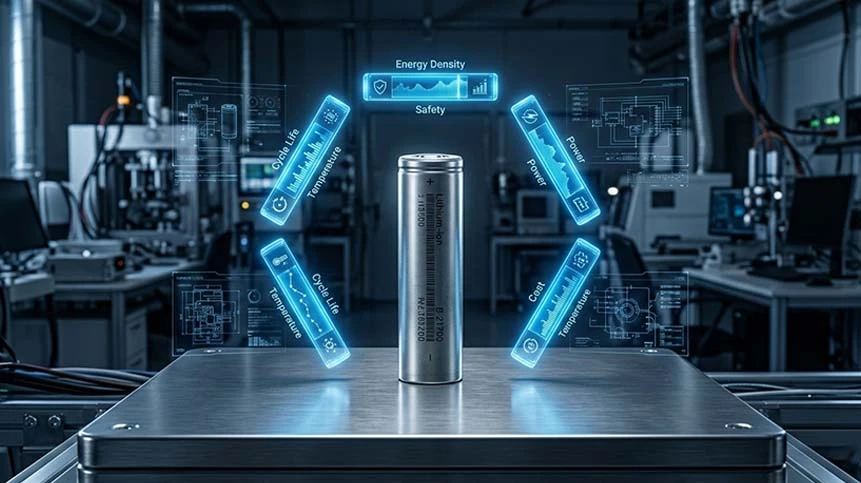 May.2026.02.27Lithium-Ion Batteries: The Six Constraints Blocking the Path to PerfectionLearn More
May.2026.02.27Lithium-Ion Batteries: The Six Constraints Blocking the Path to PerfectionLearn More -

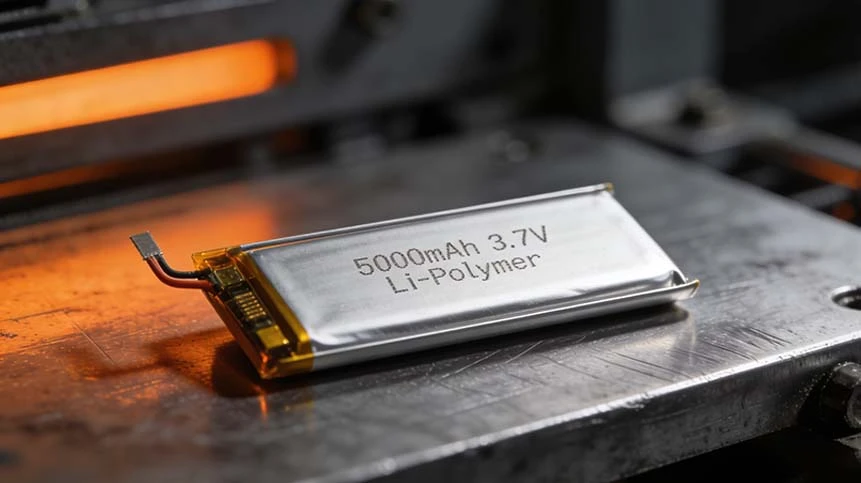 May.2026.02.25Li-Polymer Battery 5000mAh: Complete Technical & OEM GuideLearn More
May.2026.02.25Li-Polymer Battery 5000mAh: Complete Technical & OEM GuideLearn More -

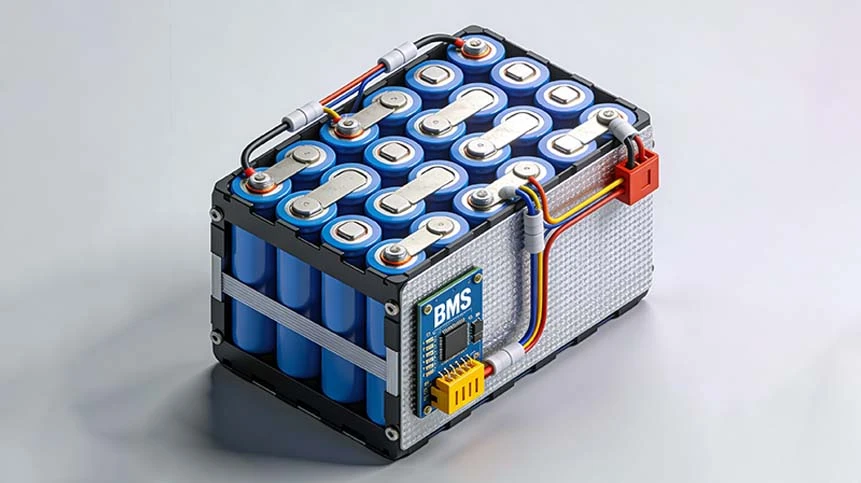 May.2026.02.24The Unparalleled Advantages of Lithium-Ion Batteries Over Traditional BatteriesLearn More
May.2026.02.24The Unparalleled Advantages of Lithium-Ion Batteries Over Traditional BatteriesLearn More -

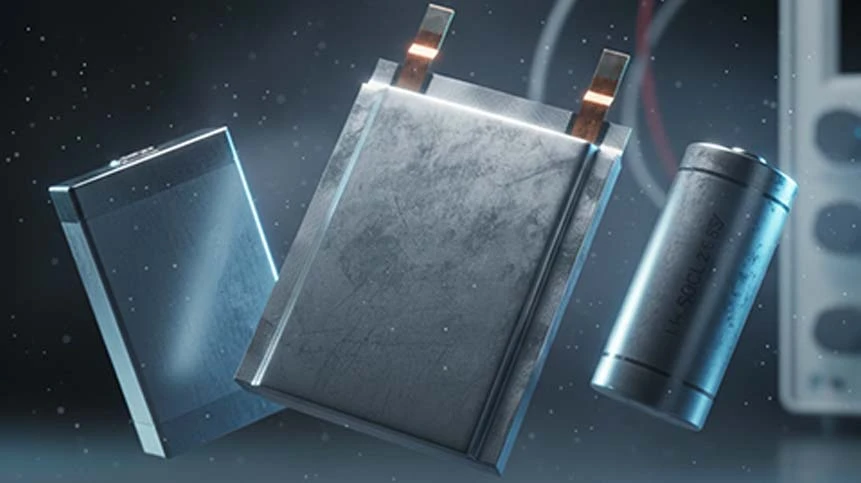 May.2026.02.243.6 Volt Battery: Complete Technical Guide for Engineers & BuyersLearn More
May.2026.02.243.6 Volt Battery: Complete Technical Guide for Engineers & BuyersLearn More -

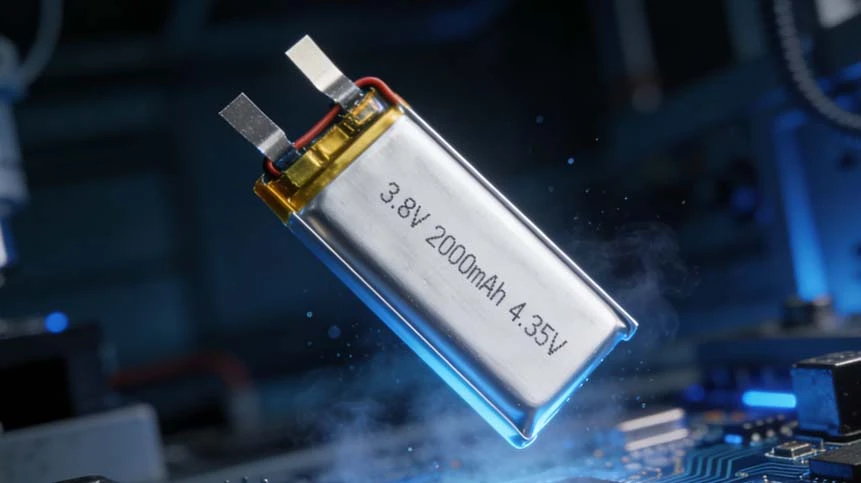 May.2026.02.24What Is a 3.8V LiPo Battery? A Complete Engineering & OEM GuideLearn More
May.2026.02.24What Is a 3.8V LiPo Battery? A Complete Engineering & OEM GuideLearn More




